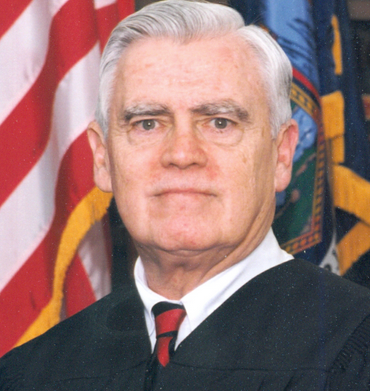Former Brooklyn bondsman loses petition to compel judicial action

A former Brooklyn bondsman lost a petition to compel a Brooklyn Supreme Court Justice to refrain from interfering with his business. The Appellate Division, 2nd Department, ruled that George Zouvelos failed to provide a reason for such order.
In August, Zouvelos’ bondsman’s license was revoked after Administrative Law Judge Kay Gardiner found him unfit for the bondsman profession. Evidence showed that Zouvelos required clients to sign 87-paragraph contracts that were “unconscionable and unfair,” Gardiner cited in her opinion.
One example Gardiner noted was a $7,500 fee Zouvelos deducted from a defendant’s collateral after the defendant arrived at Zouvelos’ office to be driven to a court hearing. Zouvelos claimed that the $7,500 was needed to hire two bounty hunters to accompany the defendant “just in case.”
Another egregious act involved Zouvelos’ revocation of a defendant’s bail for his failure to appear for a weekly check-in, which happened to fall on a holiday weekend. After Zouvelos revoked the bail of 15 defendants in a week, Supreme Court Justice John Ingram called Zouvelos into his courtroom to explain the seemingly high number of revocations.
“I find the actions by this bail bondsman reprehensible,” Ingram said in court. “I’m very concerned about this.”
